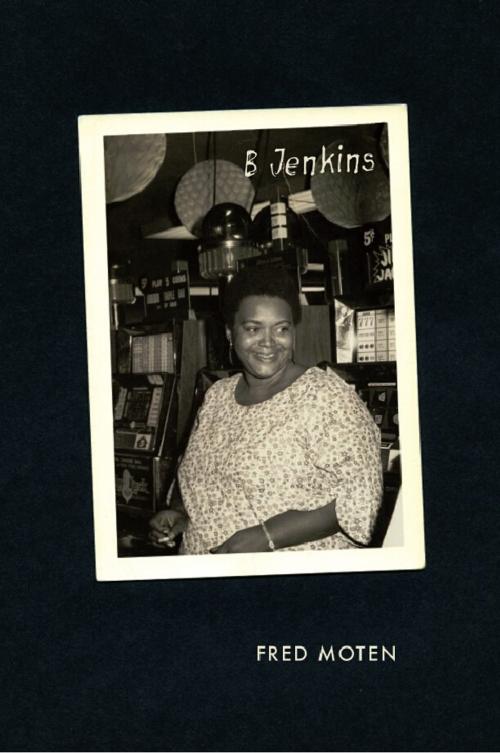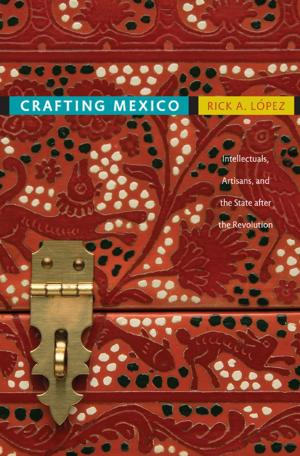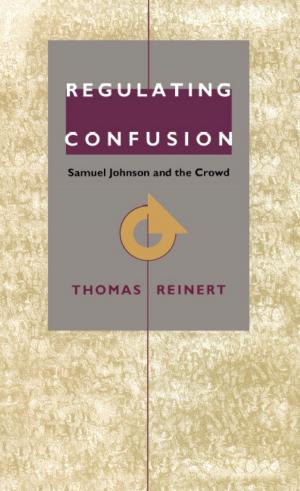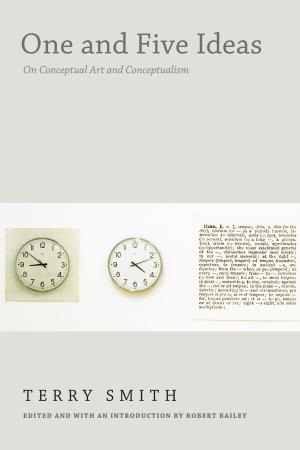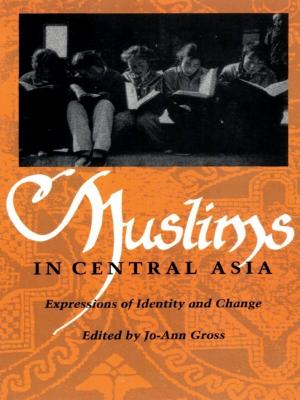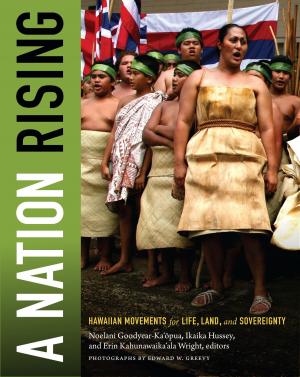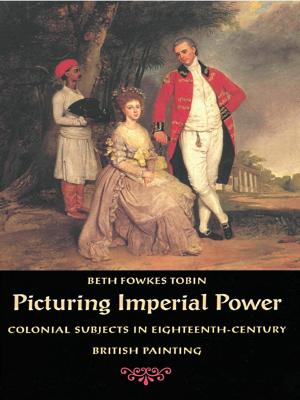| Author: | Fred Moten, Charles McGovern, Josh Kun | ISBN: | 9780822392675 |
| Publisher: | Duke University Press | Publication: | January 5, 2010 |
| Imprint: | Duke University Press Books | Language: | English |
| Author: | Fred Moten, Charles McGovern, Josh Kun |
| ISBN: | 9780822392675 |
| Publisher: | Duke University Press |
| Publication: | January 5, 2010 |
| Imprint: | Duke University Press Books |
| Language: | English |
The fourth collection of poetry from the literary and cultural critic Fred Moten, B Jenkins is named after the poet’s mother, who passed away in 2000. It is both an elegy and an inquiry into many of the themes that Moten has explored throughout his career: language, music, performance, improvisation, and the black radical aesthetic and political tradition. In Moten’s verse, the arts, scholarship, and activism intertwine. Cadences echo from his mother’s Arkansas home through African American history and avant-garde jazz riffs. Formal innovations suggest the ways that words, sounds, and music give way to one another.
The first and last poems in the collection are explicitly devoted to Moten’s mother; the others relate more obliquely to her life and legacy. They invoke performers, writers, artists, and thinkers including not only James Baldwin, Roland Barthes, Frederick Douglass, Billie Holiday, Audre Lorde, Charlie Parker, and Cecil Taylor, but also contemporary scholars of race, affect, and queer theory. The book concludes with an interview conducted by Charles Henry Rowell, the editor of the journal Callaloo. Rowell elicits Moten’s thoughts on the relation of his poetry to theory, music, and African American vernacular culture.
The fourth collection of poetry from the literary and cultural critic Fred Moten, B Jenkins is named after the poet’s mother, who passed away in 2000. It is both an elegy and an inquiry into many of the themes that Moten has explored throughout his career: language, music, performance, improvisation, and the black radical aesthetic and political tradition. In Moten’s verse, the arts, scholarship, and activism intertwine. Cadences echo from his mother’s Arkansas home through African American history and avant-garde jazz riffs. Formal innovations suggest the ways that words, sounds, and music give way to one another.
The first and last poems in the collection are explicitly devoted to Moten’s mother; the others relate more obliquely to her life and legacy. They invoke performers, writers, artists, and thinkers including not only James Baldwin, Roland Barthes, Frederick Douglass, Billie Holiday, Audre Lorde, Charlie Parker, and Cecil Taylor, but also contemporary scholars of race, affect, and queer theory. The book concludes with an interview conducted by Charles Henry Rowell, the editor of the journal Callaloo. Rowell elicits Moten’s thoughts on the relation of his poetry to theory, music, and African American vernacular culture.
